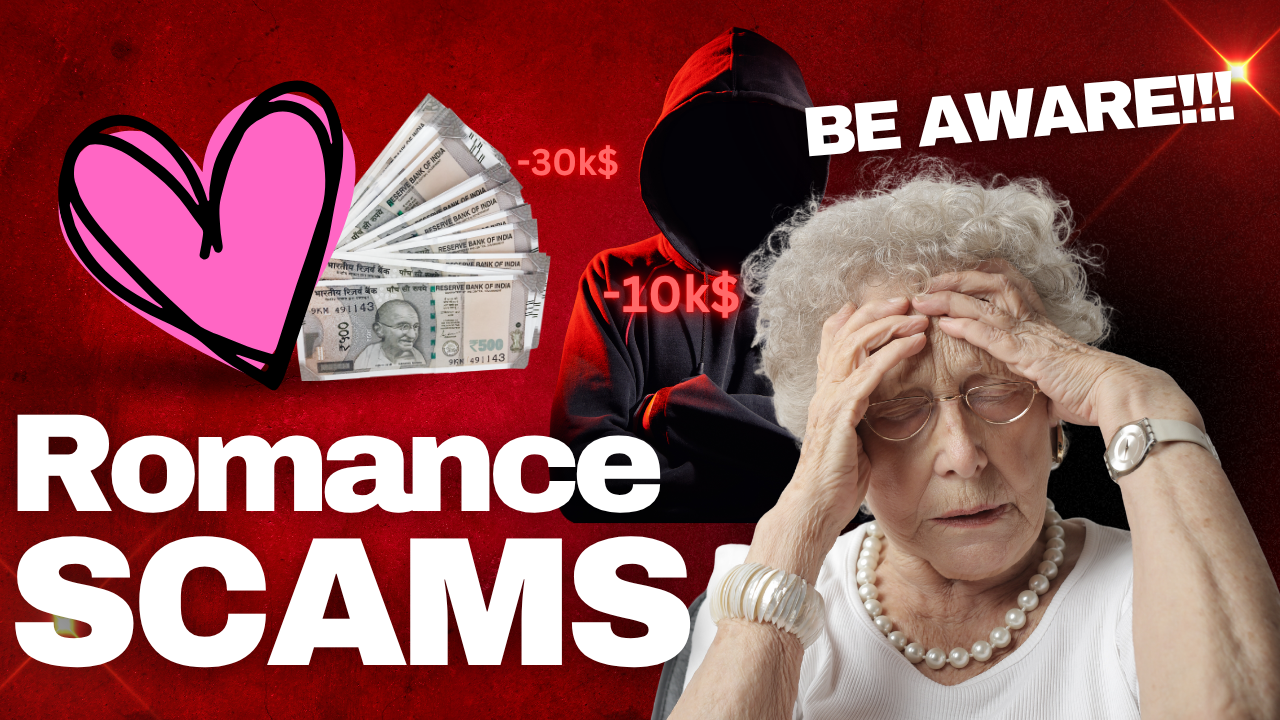You are ready to create an estate plan and you’ve done your homework. You’ve made a list of all your assets, identified people you trust to make healthcare decisions and to manage your estate when you die, and you’ve decided who will get your assets at the end of the day.
However, there may be one thing you are forgetting to account for, and that is your debt.
A 2016 study conducted by the credit reporting company Experian found that 73% of Americans die with outstanding debt. According to the study, the average American owes just over $12,000 to various creditors when they die, not including the mortgage on their homes. When you add in a house payment, the average debt burden for Americans at their time of passing can be $60,000 or more in California.
How are debts repaid after death?
After death, if your estate is administered under court supervision it will be regulated by the probate process, under which specific categories of people or organizations have a priority claim upon your estate’s assets. In California, Federal and State tax agencies have first priority for payment, as well as “secured creditors” like mortgage lenders or anyone who has a valid lien on your real property. Next the actual costs of administration will be paid (court filing fees, attorneys fees, executor fees) and then your “unsecured creditors”, like credit card companies are next in line. After all these priority claims are satisfied, the people you intended to receive your assets will get whatever is left.
The probate process has some protections for beneficiaries. For example, in California once the administration has begun a 4 month “creditor claim period” begins to run. During this 4 month window, your creditors must file a formal claim with the court and serve a copy on your executor. If creditors do not file on time, they lose the ability to have their claim paid at all.
If you have debt and are concerned about how it will affect your family’s inheritance, there are things you can plan for now that will help protect your assets from creditors.
Can debt be inherited?
Technically speaking, beneficiaries do not “inherit” debt. The decedent’s estate is solely responsible for paying any outstanding debts. For example, financial obligations the decedent incurred during their lifetime, such as taxes, mortgages, car loans and credit card debts must all be paid by the estate before any distribution to the beneficiaries can occur. Under certain circumstances it may be possible to negotiate a lower repayment, but this is rare.
If you have a surviving spouse or registered domestic partner in California, they may be obligated to repay debts they incurred jointly with you. Co-signers on car loans, mortgages or other kinds of contractual debt will also be responsible for the debts you leave behind.
By contrast, people who are listed as “authorized users” on your credit cards are not generally going to be liable for any debts left behind. Even though an authorized user can use the credit card to make purchases, they are not ultimately responsible for repayment unless they voluntarily agreed to do so. An unintended consequence can occur if you put someone else, like your spouse or child, on title to your home as a co-owner - thinking this is a shortcut that allows them to automatically inherit it upon your death. If your co-owner dies, with outstanding debts, your home may become part of their estate, making you liable for the payment of their debts.
Every financial situation is different. As you begin to think about estate planning or if you are responsible for administering a decedent’s estate, it is important to speak with an experienced estate planning attorney to discuss how to minimize the impact that your outstanding debt will have on distributions to your heirs.
What happens to my debts if my estate is held in a Revocable Trust?
The treatment of debts is a bit different for estates in trusts. Federal and State tax agencies are still going to be paid (death and taxes, right?) but any other debts you owe when you die are not automatically paid by the trustee. In order to be paid, your unsecured creditors must still file their claims in a probate court proceeding, because your unsecured debt is personal to you and does not automatically attach to your trust. Assets you place in your trust before death are not part of your personal estate. In California, probate is only required when your personal estate is valued above a certain amount, currently (in 2021) that amount is $166,250. So if your successor trustee does not have to open a probate court proceeding, the creditor must do so.
Have questions? Contact a California estate planning attorney!
If you are concerned about how your personal debt may affect the distribution of your estate, you should meet with a California estate planning attorney to discuss how to minimize the impact of debt on your family after death. There are ways in which you can structure assets and manage debt now to help protect your assets for your family.
Contact the estate planning attorneys at Bellator Law Group at (619) 232-8377 for a free initial consultation and find out what options are open to you.



.png)

